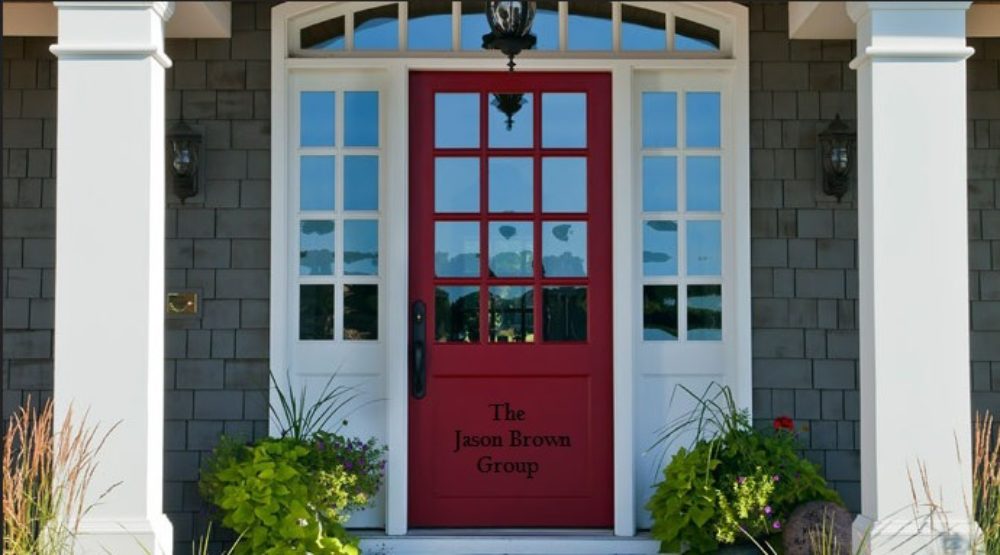Checking The Pulse Of The Kansas City Real Estate Market
Getting homeowner’s insurance in place is usually one of the last things on the mind of our Kansas City homebuyers. While it’s understandable that MANY other important things are going on, getting your insurance in place is a critical step in the home buying process. You definitely won’t want to have to make the decision of insurance company at the last minute because they often leads to over-paying. So start the process of selecting who you’ll use for insurance as soon as you’re through the home inspection process. This will allow you plenty of time to get multiple insurance quotes. Rates are also fluctuating greatly and the difference in rate quotes may surprise you.

Some important considerations when getting insurance quotes include… how high of a deductible are you willing to accept? Are you getting guaranteed replacement cost coverage? Is the outbuilding, detached garage or swimming pool covered? Do you have sewage backup coverage? How about the contents in the home? If you have lots of valuable “stuff”, this is even more important. After you buy the home, be sure you let your insurance agent know if you finish your basement. If you don’t, will it be covered if you incur a loss?
Sometimes getting insurance quotes is like getting quotes from moving companies… how expensive it is can vary greatly depending on the day and whether the company is aggressively seeking new business at the time. It’s possible you could get quoted a high rate in an attempt to run you off or worse, accept over-paying. To avoid this, be sure you shop insurance rates with several reputable insurance companies. Here’s a few places you can get started… State Farm Insurance… All State Insurance… Farmer’s Insurance… GEICO Insurance… Nationwide Insurance… American Family Insurance.
Posted by Jason Brown


